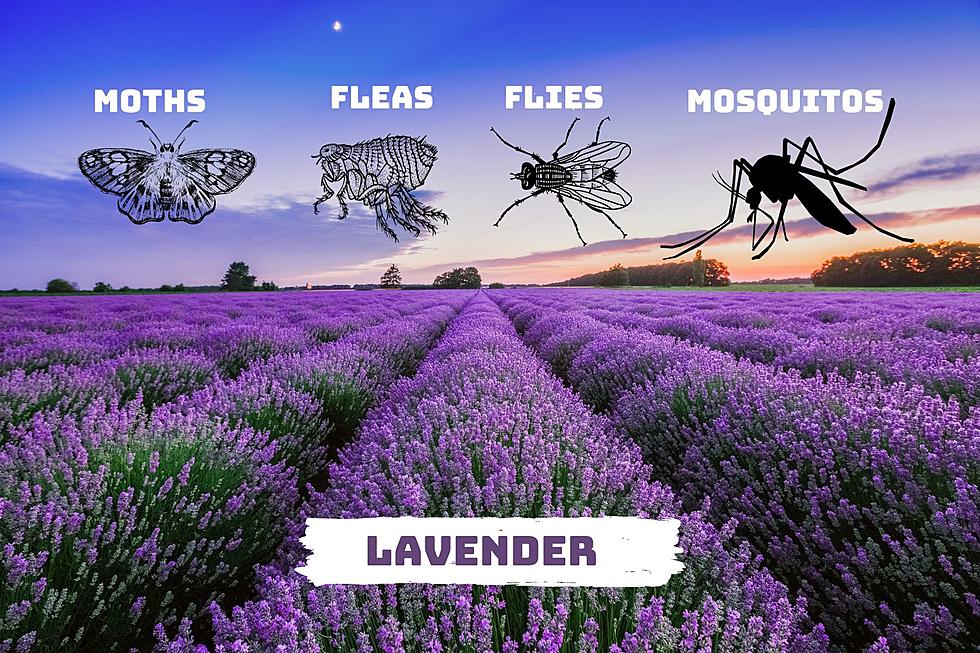
A Dangerous New Tick Spreading to the U.S. Found in New York
A new species of tick has hit the U.S and it's spreading....fast, including into New York.
The Haemaphysalis longicornis tick, commonly known as the East Asian or Longhorned tick was found in several locations in Westchester County, NY in July, according to the New York State Health Department. And this tick is a concern for the New York agricultural industry, posing a threat to livestock. Symptoms in cows include fever, lack of appetite, dehydration, weakness and labored breathing.
"While we continue to learn more about the longhorned tick, it is evident that this species may possibly cause illness not only in humans, but also in livestock and our pets. We encourage farmers to be vigilant and keep a watchful eye out for this tick to protect their animals and stay ahead of any potential problems for the livestock industry in New York State," said State Agriculture Commissioner Richard A. Ball.
The Longhorned tick has been confirmed in several other states including West Virginia, Arkansas, North Carolina and New Jersey.
It's unclear how longhorned ticks came from East Asia into the U.S. or why it's spreading so fast. Thomas Yuill, a retired pathobiologist at the University of Wisconsin, Madison, told the New York Times, “One tick can crank out females in fairly large numbers.”
Although animals are more susceptible to longhorned ticks, they are known to bite humans too, causing severe fever with thrombocytopenia syndrome, according to the CDC. Symptoms usually include fever, thrombocytopenia, and leukocytopenia in other parts of the world but the Health Department says "more research is needed to determine whether this can happen in the United States."
The New York Health Department offers tips on protecting against ticks:
*Wear light-colored clothing with a tight weave to spot ticks easily.
*Wear enclosed shoes, long pants and a long-sleeved shirt. Tuck pant legs into socks or boots and shirt into pants.
*Check clothes and any exposed skin frequently for ticks while outdoors.
*Consider using insect repellent.
*Stay on cleared, well-traveled trails. Walk in the center of trails. Avoid dense woods and bushy areas.
*Avoid sitting directly on the ground or on stone walls.
*Keep long hair tied back, especially when gardening.
*Bathe or shower as soon as possible after going indoors (preferably within two hours) to wash off and more easily find ticks that may be on you.
*Do a final, full-body tick check at the end of the day (also check children and pets), and remove ticks promptly.
This is why I don't camp. Heck, I won't even go into the woods when I lose my golf ball. I'd rather get another one than chance getting a tick. It's the stroke you lose that hurts more.
BONUS VIDEO
More From Big Frog 104









